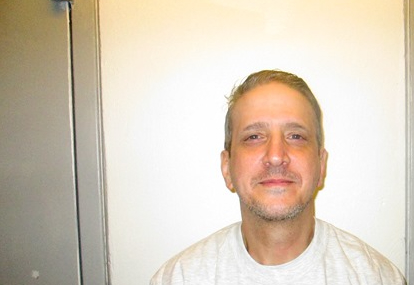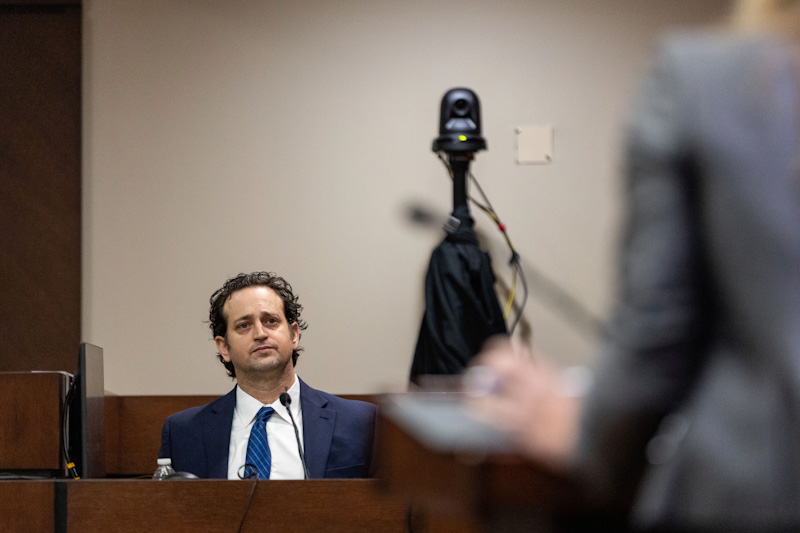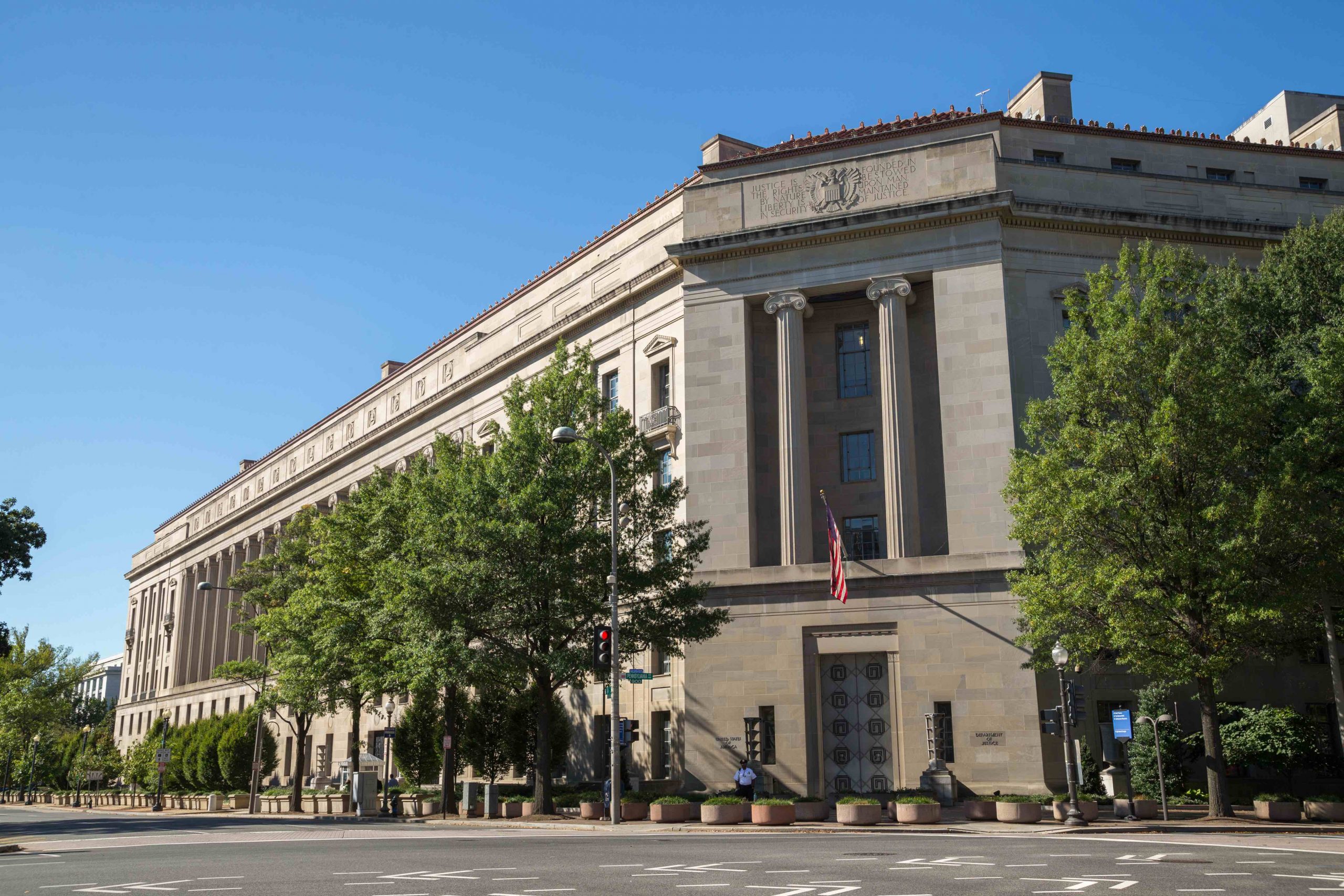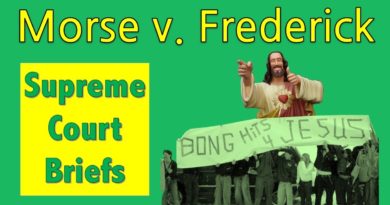Supreme
CASE PREVIEW
Twice in the past decade the Supreme Court has blocked Oklahoma from executing Richard Glossip. Now Se On Oct. 9, two former U.S. solicitors general – Seth Waxman, representing Glossip, and Paul Clement, representing Oklahoma’s attorney general – will appear before the justices, seeking to persuade them to set aside Glossip’s conviction and death sentence and order a new trial.
Oklahoma Attorney General Gentner Drummond told the court that the state is not looking for an exoneration “by fiat (or at all)” but that “justice would not be served by moving forward with a capital sentence that the State can no longer defend.”
In 1997, Barry Van Treese was bludgeoned to death with a baseball bat in the room he was staying in at his Oklahoma City motel, where Glossip worked as a manager. Justin He Glo S S The But by a vote of 5-4, the justices rejected that challenge.
In June 2022, a law firm hired by Oklahoma legislators issued a 259-page report in which it found “grave doubt as to the integrity of Glossip’s murder conviction and death sentence.” The firm pointed to (among other things) prosecutors’ “deliberate” destruction of “key physical evidence” and the “deficient and curtailed police investigation.”
Glossip asked an Oklahoma court to set aside his conviction and sentence last year. Glo S Prosecutors also allowed Sneed to testify falsely that he had never been treated by a psychiatrist.
During the same month, Drummond appointed a former district attorney and Republican legislator, Rex Duncan, as an independent counsel to review Glossip’s case. The With the state siding with Glossip, a few weeks later the Supreme Court appointed Christopher Michel, a former clerk to Chief Justice John Roberts, to defend the decision by the Oklahoma Court of Criminal Appeals leaving Glossip’s conviction and death sentence in place.
In granting the case, the justices added a question for the parties to address: Whether the Supreme Court has the power to review the decision by the Oklahoma Court of Criminal Appeals at all, or whether it is instead barred from doing so because the decision rests on an “adequate and independent state ground.” The Van Treese family, who believe Glossip should be executed, support this theory that the case is outside the court’s jurisdiction.
Michel contends that the Supreme Court cannot consider Glossip’s claims because the state court resolved them on a “paradigmatic” adequate and independent state ground: It held that Glossip’s claims were barred by a state law that prohibits courts in capital cases from reviewing issues that a prisoner could have raised earlier. He He The state court ruled on the substance of Glossip’s claims related to those cases, he notes, without ever indicating that it was discussing the Supreme Court decisions only for “guidance”
Drummond adds that the state court’s ruling could not have rested on an “adequate and independent state ground” for another reason. He Michel Michel But neither of those positions is a valid basis for this Court to review a state-court decision grounded in state law.”
The second question before the court goes to the heart of the case: Whether the justices should invalidate Glossip’s conviction and sentence because prosecutors failed to correct false testimony by Sneed and turn over evidence that might have helped to clear Glossip.
Glossip contends that because the prosecution’s “entire case hinged on Sneed’s credibility,” its failure to correct his false testimony that he had never seen a psychiatrist, and that he didn’t know why he had been prescribed lithium after his arrest (when he had an untreated but serious mental health disorder) was “crucial.” For example, Glossip posits, correcting Sneed’s testimony likely would have undermined his reliability as a witness, particularly when that testimony was the only evidence that directly linked Glossip to Van Treese’s death.
Drummond pushes back against the state court’s suggestion that Sneed’s testimony was “not clearly false” because he may have been “in denial of his mental health disorders.” But “being in denial,” Drummond emphasizes, is not an excuse for lying. And in any event, Drummond writes, regardless of what Sneed may have believed, Napue’s bar on eliciting false testimony applies to prosecutors, not witnesses.
Similarly, Glossip continues, if prosecutors had disclosed that Sneed had been treated by a psychiatrist and had been prescribed lithium, Glossip’s defense attorneys could have investigated Sneed’s mental health issues, highlighted his lies on the stand, and suggested that his memory of the crime was “highly unreliable.” That in turn could have prompted the jury to be skeptical of Sneed’s testimony, Glossip argues.
Michel counters that Glossip’s claims for relief hinge on a “significant overreading” of the prosecutor’s notes. Glo But even if Glossip and the state are right that having this information would have indicated to Glossip’s trial lawyers that Sneed had been prescribed lithium by a psychiatrist, he suggests, it is unlikely to have mattered whether the jury had that additional information, rather than simply knowing (as they did) that a health-care provider had prescribed lithium for Sneed.
Finally, Drummond faults the state court for failing to give any weight to his conclusion that Glossip’s conviction and death sentence should be set aside because it is “constitutionally unsupportable.” That decision, he tells the justices, “sends a terrible signal to litigants by suggesting that the courts have a vested interest in preserving their ‘own’ convictions.”
“Nothing in the Constitution compels a state court to provide a particular measure of deference to a state official’s confession of error,” Michel observes. But even if courts were required to give such confessions “respectful consideration,” he adds, the state court satisfied that obligation “by acknowledging the Attorney General’s position but disagreeing with it on the law and facts.” Moreover, he contends, a request like Drummond’s for courts to intervene and invalidate criminal convictions creates “serious” concerns about the division of power between the three branches of government.
Justice Neil Gorsuch has recused himself from the proceedings in Glossip’s case so far, presumably because he participated in one of Glossip’s earlier appeals when he served as a judge on the U.S. Court of Appeals for the 10th Circuit, which includes Oklahoma.
This article was originally published at Howe on the Court.






